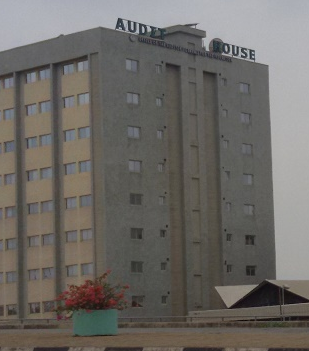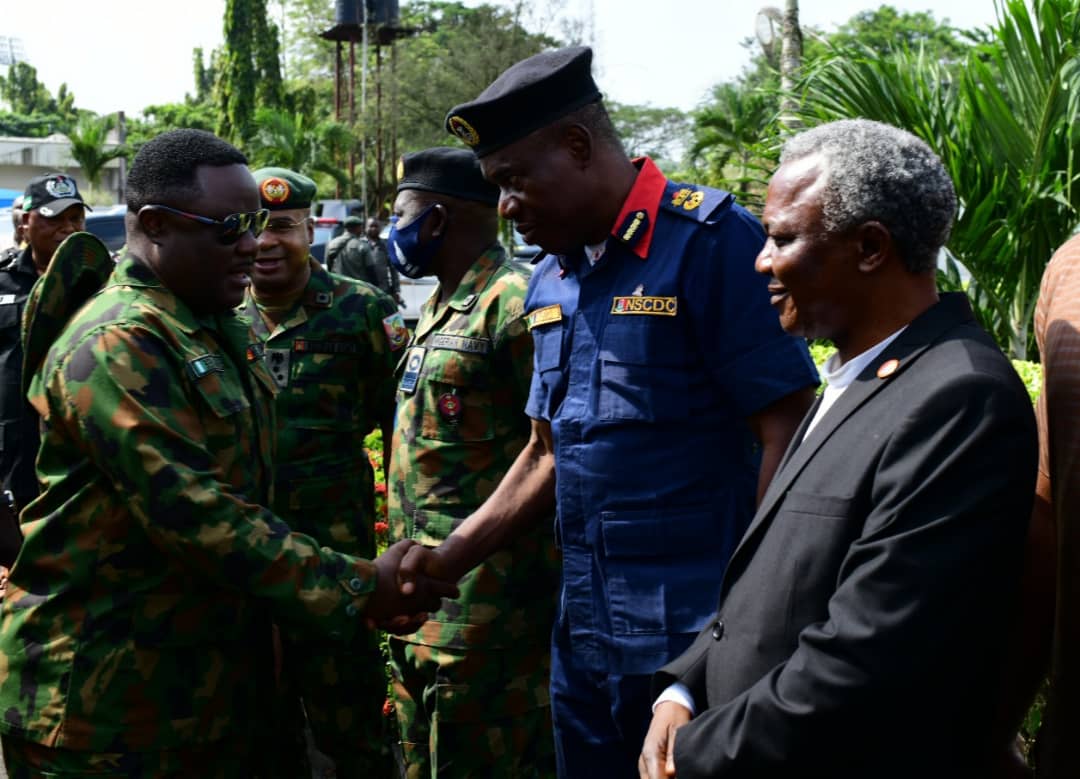
New analysis by experts
from the International Rescue Committee, IRC, has ranked Nigeria as the 4th
most at-risk country for humanitarian catastrophe in 2020 after Yemen, the
Democratic Republic of Congo and Syria. Nigeria was ranked 8th in the previous
analysis for 2019.
The latest ranking by the IRC emergency
response experts showed that other countries on the top 10 list are Venezuela
(5th), Afghanistan (6th), South Sudan (7th), Burkina Faso (8th), Somalia (9th)
and the Central African Republic, CAR (10th). In a statement released Tuesday,
the IRC observed that Nigeria, the Democratic Republic of the Congo, Syria and
Venezuela are Watchlist 2020’s top five crises, all five of which ranked highly
in the 2019 list, demonstrating collective failure of the international
community to resolve the root causes of these humanitarian disasters.
According to the statement, nine of the 10
countries in the top 10 are experiencing major conflict. “Nearly all countries
in the Sahel region, from Mali to Sudan, are on Watchlist 2020. This reflects
the impact of rising conflict – driven by militancy and competition for
resources as well as increasing droughts and flooding possibly related to
climate change. “Disease outbreaks are a major concern in many Watchlist
countries. The Ebola outbreak continues in the eastern Democratic Republic of
the Congo (No. 2 on the list) and presents a threat to several other countries
on the Watchlist. “Cholera is present in several more, including Nigeria,
Somalia, Sudan and Yemen. In many Watchlist countries, the prolonged armed
conflict has damaged health, sanitation and other infrastructure, increasing
the risk of disease outbreaks. Venezuela’s economic collapse has had similar
consequences,” the statement noted. Countries on the list disproportionately
host populations in need of humanitarian assistance and are among the states
least equipped to respond to new crises or sudden deterioration in crises. The
top 10 produced nearly three-quarters of the world’s refugees and over half of
those in need, yet their appeals for humanitarian funding in 2019 were nearly
40 per cent underfunded on average.
David Miliband, President and CEO of the IRC,
said, “2019 was a devastating year for civilians caught in crisis worldwide.
Truly the Age of Impunity has arrived. 70.8 million people are displaced
worldwide. Armed conflict, growing disregard for international humanitarian law
amidst a crisis of global leadership means the dangers in 2020 are growing not
receding. “Across the globe, the scale of need in 2020 is also likely to
stretch resources beyond their limit. It’s vital that we do not abandon these
countries when they need us most, and that governments around the world step up
funding to these anticipated crises before more lives are lost — and the bill
for humanitarian catastrophe rises. “As humanitarians, we can prevent the
dying, but it takes politics to stop the killing.” Most of the humanitarian
crises have been characterised by similar themes. The restrictions on
humanitarian access are a major concern across all Watchlist countries and
could significantly undermine the ability of humanitarian actors to respond to
these crises and meet growing needs in 2020. There are “very high” or “extreme”
obstacles to humanitarian access in all of the top five countries and in 14 of
the 20 Watchlist countries. Countries appear on the Watchlist because the IRC’s
analysis suggests they are at high risk of experiencing events that, given the
existing vulnerability of the population and/or the country’s limited response
capability, could trigger a humanitarian crisis. The countries were selected,
scored and ranked by means of a multi-stage process of quantitative and
qualitative analysis by experts.
Source: Vanguard News Nigeria.





